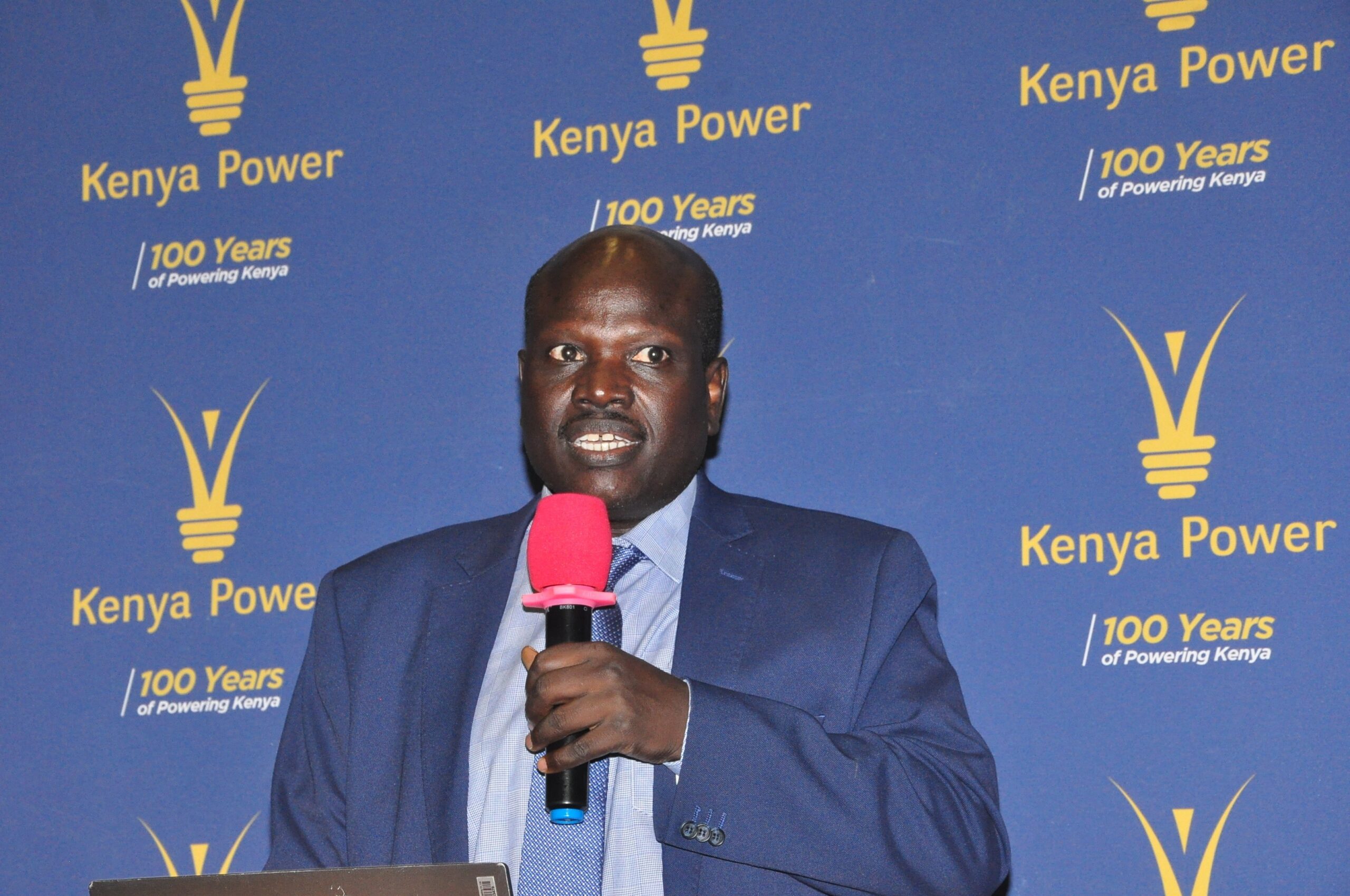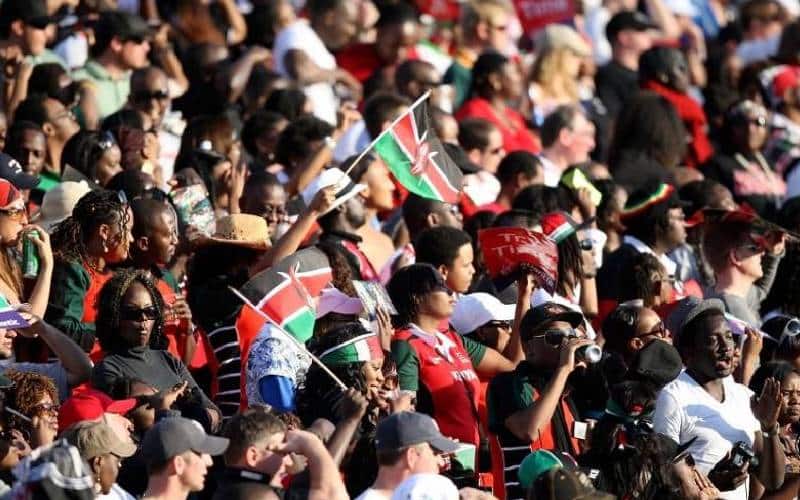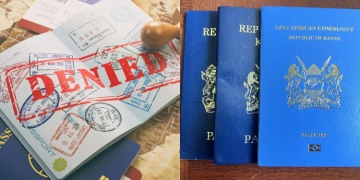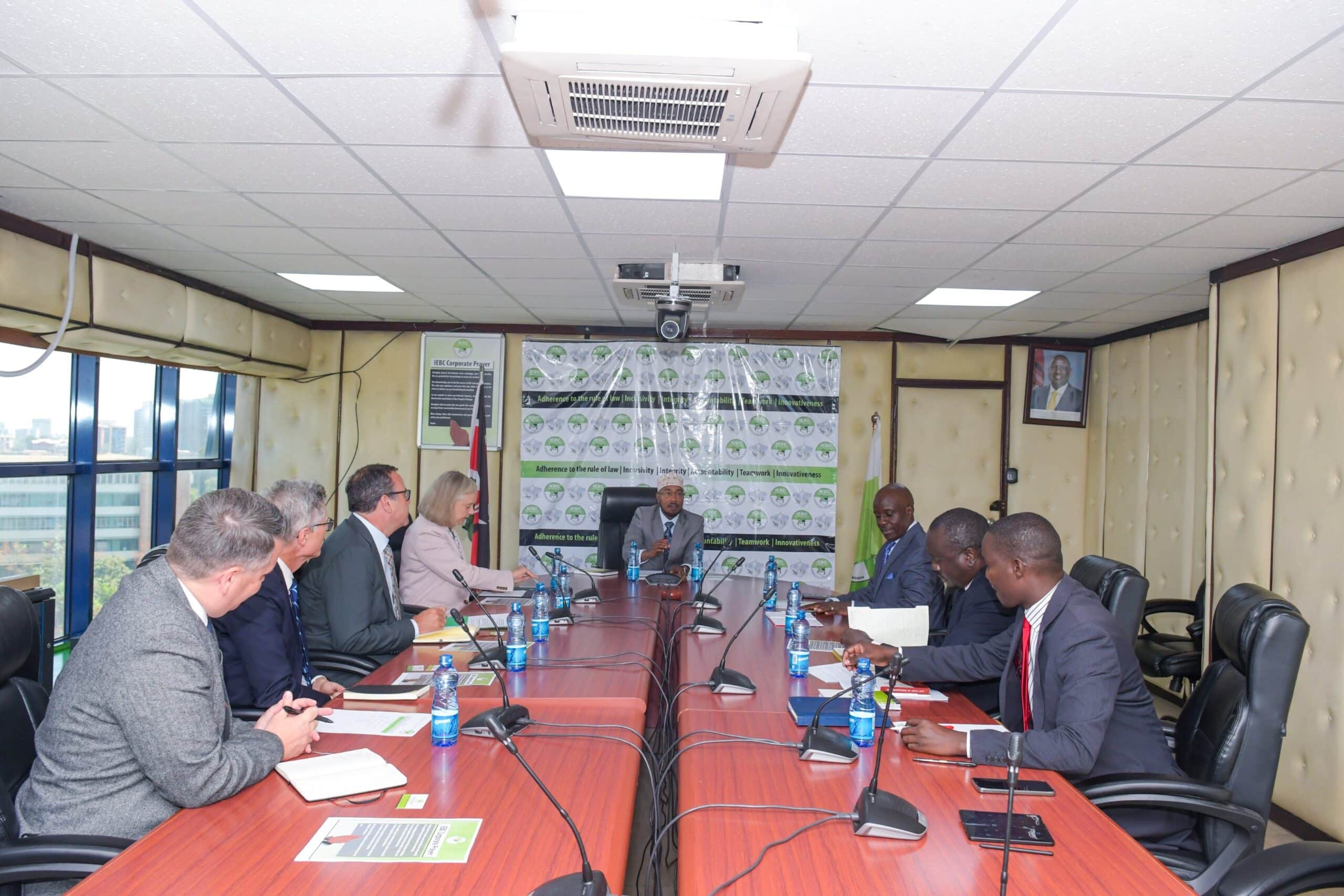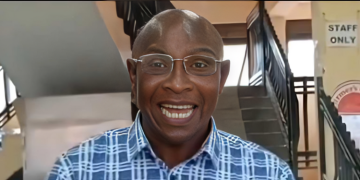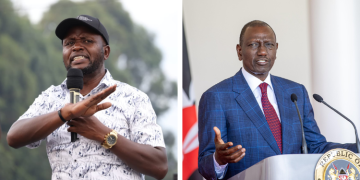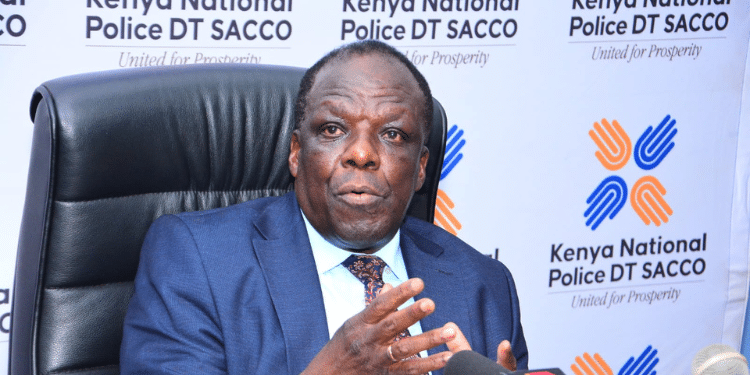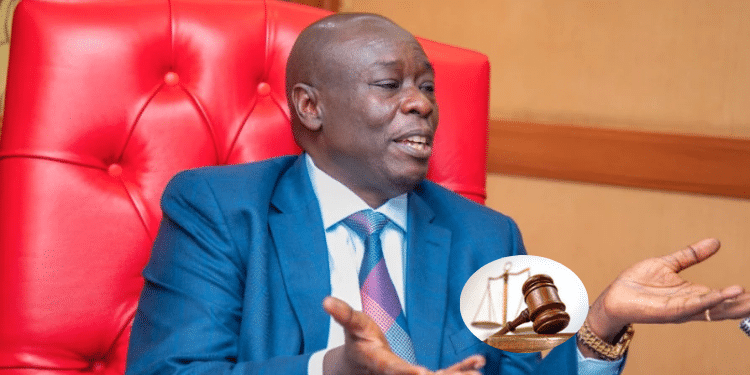A three-judge bench appointed by Chief Justice Martha Koome to listen to a petition on the special motion on the removal from office, by impeachment, of Deputy President Rigathi Gachagua has declined to stop the impeachment process.
On Monday, October 14, CJ Koome constituted the three-judge bench to hear and determine the cases challenging the impeachment process.
The bench consisting of Justices Eric Ogola, Anthony Mrima and Freda Mugambi sat on Tuesday, October 15, evening and has in its ruling declined to stop the impeachment trial.
This consolidated petition, along with five others, scrutinized the legality of the impeachment after Gachagua and other petitioners raised legal issues.
In their ruling, the three judges ruled that the petition questioning legality of the process was premature, reaffirming an earlier ruling of the High Court.
“It is our view that this is not one such case where intervention is automatic. The issues raised by the parties will be required to be interrogated. We therefore find that the enhancement of the Constitutional principle of separation of powers will be best served by declining the application at this point,” said the judges.

The Justices ruled that at this stage they can only exercise restraint and allow independent institutions of government to function unhindered.
They further cited separation of powers saying courts should be reluctant to take over mandates of other arms of government.
“This is not a case where intervention is automatic. The doctrine of separation of powers will be best served at declining the application at this stage,” they said.
The bench ruled that the application by Gachagua is premature as they are being called to anticipate on an outcome that’s yet to be concluded.
They agreed that the petitions before court raise weighty constitutional issues that require further interrogation but the process before the Senate is lawful and should be allowed to proceed.
And in the event the Senate impeaches the DP, and he ceases holding office, the bench said whoever will assume that office must do so legally.
“We have jurisdiction to check on the constitutionality of the process at any stage,” they said.
Judge Chacha Mwita’s ruling
In closing the three judges said the issues raised by the DP were similar to those he had raised before Justice Chacha Mwita who also declined to issue an order stopping the trial.
This comes after Justice Mwita on Tuesday, October 15, ruled that the Senate can proceed with Gachagua’s impeachment trial following a petition by the DP.
26 cases had been filed in court to challenge DP Gachagua’s impeachment proceedings from going on as planned by the Senate.
Justice Mwita in his judgement reasoned that the Constitution has delegated the impeachment mandate to Parliament, and that the court must show prudence in meddling with it.
“Having considered the application and argument by parties, the constitution, and the precedent, the prayer for grant of conservatory orders is declined,” said the judge.
Petitioners’ argument
Petitioners had urged the court to halt the Senate proceedings until the legality of the impeachment is determined, arguing that the ongoing proceedings must be suspended to give the Judiciary time to resolve the petitions currently challenging the impeachment.
Gachagua’s lawyers, Senior Counsel Paul Muite and lawyer Tom Macharia had on Monday asked Justice Mwita to issue orders to bar the DP’s impeachment.
They argued that the National Assembly’s impeachment process was unconstitutional due to the lack of proper public participation.
“The public was denied their democratic rights, with participation purportedly conducted only at county headquarters for a single day, while the impeachment vote proceeded simultaneously at the National Assembly on October 8, 2024,” Muite argued.
Muite further told the court that the public participation that was done by the National Assembly was a sham as it only collected views from some 200,000 registered voters.
On behalf of a petitioner, the lawyers argued that the impeachment motion was passed late in the evening and immediately transmitted to the Senate, violating constitutional provisions.
Gachagua will now be forced to defend himself in the Senate on Thursday and then await the three-judge bench ruling.
Kingi declares stance on court’s ruling on Gachagua impeachment case
Tuesday’s ruling was expected against the background of a strong warning by the Senate that it will not honor any injunction against the impeachment.
Senate speaker Amason Kingi had declared that parliament cannot be subjected to injunctions.
While delivering a ruling on Monday regarding a preliminary objection raised by Governor Eric Mutai on his impeachment, Kingi asserted that parliament cannot be prevented from discharging its constitutional functions by dint of a court order.
“Whether or not there was in fact a Court Order in this matter does not matter, nothing turns on it, the result is the same; which is that Parliament cannot be prevented from the discharge of its constitutional functions by dint of an order of court,” he said.

In pronouncing himself on the matter, Kingi based his arguments on various precedents set by the ex-speaker Kenneth Marende and the then-deputy speaker Kithure Kindiki.
In separate communications before the House, the two emphasized the respect for the separation of powers between the arms of government.
Kingi refers to other cases
According to the Speaker, Marende observed that an injunction by the Court against Parliament is a frontal and deadly attack on the substratum and hallowed legal doctrine of separation of powers, the bedrock of the Constitution.
“Separation of powers creates separate and distinct arms of government with equal but different powers,” he quoted.
Also Read: CJ Koome Appoints 3-Judge Bench to Hear Gachagua’s Case
Kingi also cited the Supreme Court ruling in Petition No. 32 of 2014; Justus Kariuki Mate & Another v Martin Nyaga Wambora & Another of 2017.
In this case, according to Kingi, the High Court had issued conservatory orders to prevent the impeachment of the governor.
It also held that each arm of government has an obligation to recognize the independence of other arms of Government, said Kingi.
“Each arm of government is under the duty to refrain from directing another arm on how to exercise its mandate,” it states.
Kingi also cited a recent court of appeal ruling in a civil case against Meru Governor Kawira Mwangaza versus County Assembly of Meru and others.
The Court of Appeal, Kingi stated, affirmed that the courts cannot, in the first instance, intervene in the impeachment of the applicant.
This is because of the strict timelines provided by the law.
The Senate’s trial is expected to last two days, with a possible extension if more time is needed to review the evidence and cross-examine witnesses.
For the impeachment to be upheld, the Senate requires a two-thirds majority vote of 45 senators.
If successful, it would mark the first time a sitting Deputy President in Kenya is removed through an impeachment process.
Follow our WhatsApp Channel for real-time news updates:
https://whatsapp.com/channel/0029VaB3k54HltYFiQ1f2i2C




